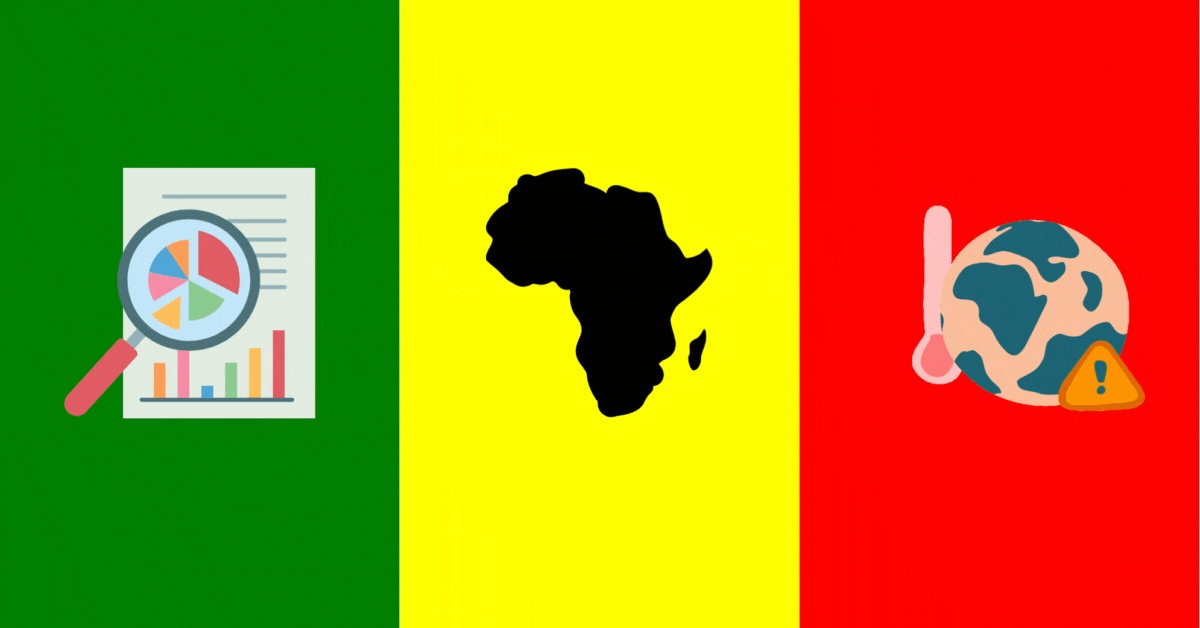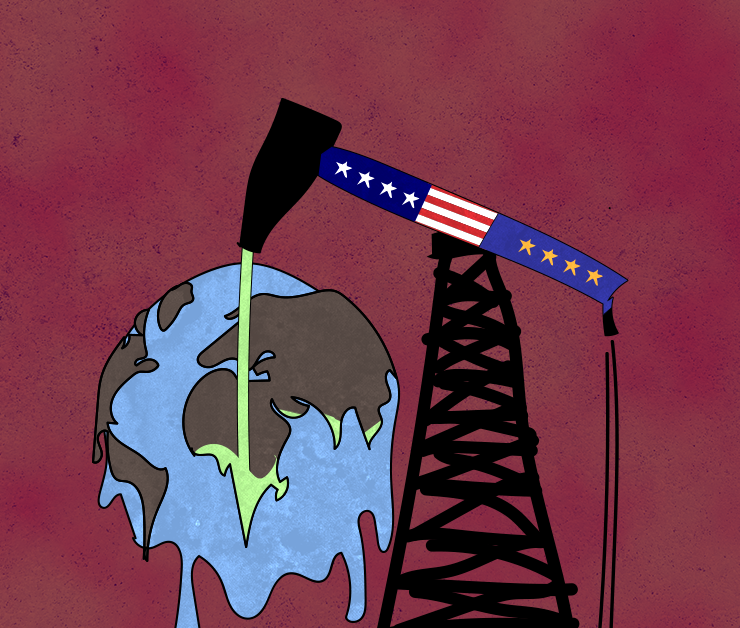The 2022 IPCC report is grim. So also is its scarcity of African authors.
- The 2022 IPCC report has grim findings about the impact of climate change. The lack of African authors, however, means that the impacts on Africa are left largely unexplored.

Humanity has crossed Code-Red. This is how UN Secretary-General Mr. António Guterres described the 2022 Intergovernmental Panel on Climate Change (IPCC) 6th Assessment Report. The report paints a future of catastrophic heat, floods, sea rises, droughts, and irrepressible fires.
Disappointingly, but not surprisingly, very few African authors feature in the final report.
I have taken the time to analyze the fantastic IPCC report and have no qualms about its sobering warnings. However, I couldn’t help but spot one disappointment: only 27 African authors were part of the report’s total haul of 337 authors!
There’s no prize for guessing who monopolized the authorship. True to form, Western scientific authors, dominate the list with Canada, the USA, and the UK gobbling the bylines.
A visitor from Mars would be forgiven if they thought that climate change is a bigger worry in North America, Europe, and Australia and less of a thing in Africa. The West’s monopoly of the climate narrative flies in the face of two major realities: that the West is primarily culpable for driving the climate crisis due to relentless fossil fuel burning in the last 100 years, and that climate impact is already hitting Africa—‘the least’ culpable continent—hardest.
Climate money-grab
First, as the report reveals, the climate change research in the North African countries, in the so-called Maghreb, is the most underfunded in the world despite the region being one of the most vulnerable to incoming superheat and droughts.
At most, only 3.8% of global climate research funding is spent on African topics. Seventy-eight percent of global climate research funding has gone to researchers in the US and Europe, leaving climate researchers in a highly water-stressed North African region grappling with less than 4%.
This climate research money-grab by the US and Europe would be crudely laughable if it was not tragic.
The lack of funding for African scientists has wide-reaching implications. It impoverishes the development of accurate, localized climate models and early warning systems. More than half of African urban citizens live in dense coastal cities like Alexandria, Lagos and Durban. As the climate crisis deepens, sea level rises will be devastating. But little climate funding has been directed toward ensuring resilient coastal African cities. This, already, has a deadly on-the-ground impact in Africa. For instance, my report in the European Geosciences Union revealed that European nations can foresee deadly climate phenomena like cyclones due to superior forecasting technology while African nations limp on, blindly, into harm’s way. This was due to my dismay that in 2019, on the onset of Tropical Cyclone Idai (the worst weather disaster ever in the southern hemisphere), the Météo-France weather office on La Réunion started to watch the cyclone as it moved from an elongated circulation in the Indian Ocean. In addition, the Joint Typhoon Warning Center (JTWC) in the USA had a front-row vision of the tropical cyclone formation. None of this information was relayed in time to Mozambique and Zimbabwe.
This is the human cost of Africa getting by with little climate research money and her scientific authors cast to the margins of crucial IPCC reports.
The climate double standards
Secondly, the inclusion of just a few African scientific authors in the final IPCC report is vintage double standards. Western Europe and North America are the chief culprits behind spewing greenhouse gas emissions. The US has spewed more than 509 billion tonnes of carbon dioxide since 1850 and is the chief culprit responsible for the biggest portion of historical emissions. In contrast, sub-Saharan Africa’s contribution to greenhouse gasses in 2019 was a minuscule 0.7 metric tons per capita, the lowest on earth. Yet, Africa is the continent most vulnerable to climate shocks under scenarios that predict global temperatures to rise above the feared 1.5 degree Celsius red line. Why the IPCC report minimizes the scientific authorship from such an at-risk continent is baffling.
The funding and scientific authorship of climate change modelling must be democratized to fairly include Africa’s scientific authors because they speak for a continent that is going to suffer the biggest climate injustice.
Failure to democratize climate change scientific authorship leaves us with no option here in Africa. Our cynical definition of the global urgency behind the climate drive is that the earth needs to be saved because the exploitation of it has reached a point where it disrupts the entitled privileges of white Westerners.
Edited by Cassandra Roxburgh and Uzoma Ihejirika.
Ray Mwareya is an international affairs journalist contributing to Al Jazeera, Buzzfeed, China Dialogue, Fast Company, Reuters, The Financial Times, and a dozen other publications. He is fascinated by the partisan political-financial private interests surrounding the climate debate.






